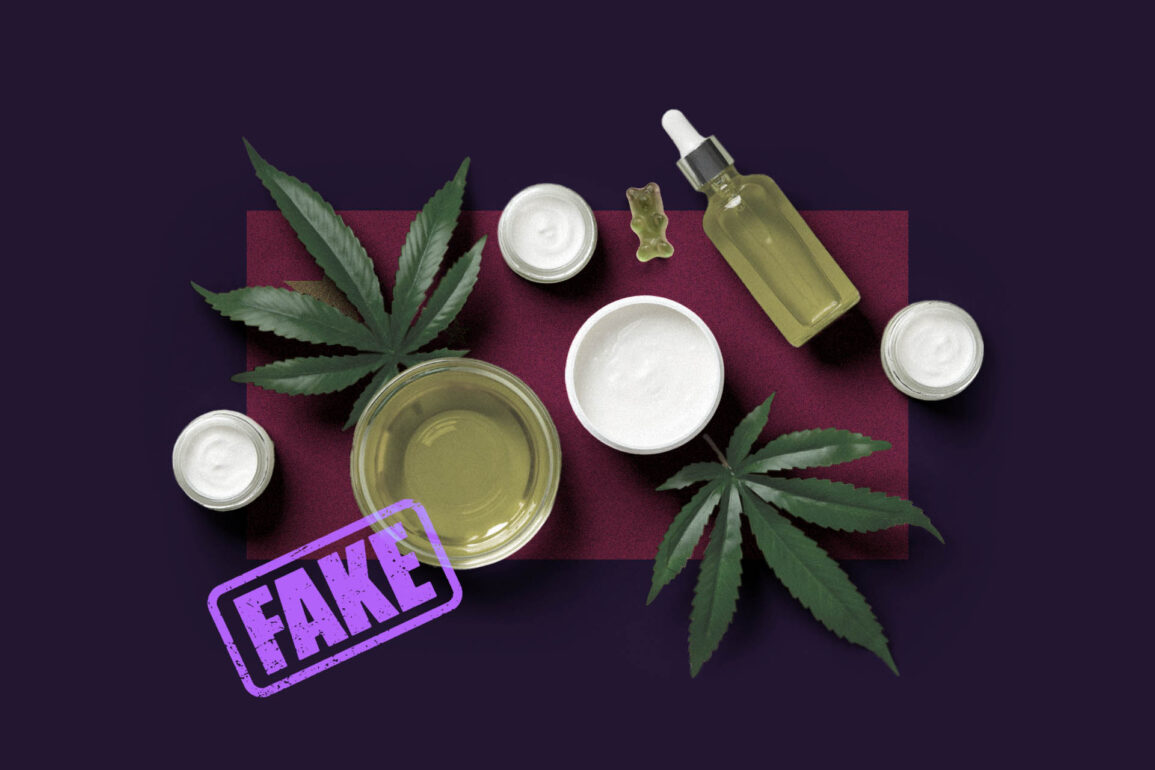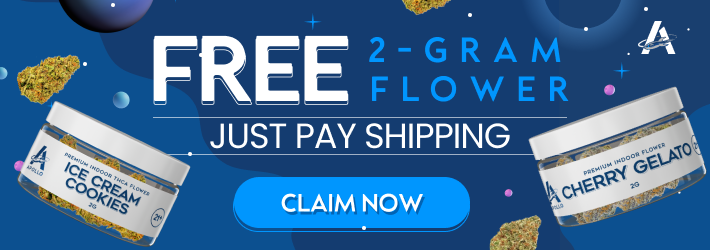Chinese sellers are becoming increasingly prominent on Amazon, and the platform’s questionable hemp market is no exception.
As part of CBD Oracle’s report on the Amazon hemp market, we found that 30% of products included in the lab study came from Chinese sellers.
This isn’t necessarily a bad thing – if a Chinese product is high-quality and cheaper than American alternatives, it’s up to the consumer – but the data provides many reasons to be skeptical of the gummies they offer.
TL;DR
- 30% of Amazon hemp products studied by CBD Oracle came from Chinese sellers.
- 59% of products from Chinese sellers did not contain any hemp, compared to 36% of those from non-Chinese sellers.
- No products from Chinese sellers provided an accurate dosage to consumers, compared to 5% of those from non-Chinese sellers.
- 71% of products from Chinese sellers made an unapproved medical claim, compared to 44% of those from non-Chinese sellers.
How Many Amazon Hemp Sellers Are Based in China?
Of the 56 products identified by CBD Oracle for this analysis, 17 of them (30%) were from sellers in China or Hong Kong. Most of the remaining products came from North America, except for one product from Vietnam and another from Ukraine.
On the basic level, the products from Chinese sellers seemed just like those from North American sellers. This should not be taken as a compliment: the hemp products on Amazon all make suspicious claims about dosage and the effects of their products while providing no assurances to consumers in the form of lab reports.
However, unless you checked the seller’s information or caught some grammatical errors, it’s unlikely you would be able to tell the difference.
Hemp From Chinese Sellers Is Less Likely to Contain Hemp
The 56 products chosen by CBD Oracle were tested by InfiniteCAL Labs to work out what they actually contained.
If the product didn’t contain cannabinoids based on standard potency testing, they were sent for further testing by GC-MS (gas chromatography-mass spectrometry) to determine if there was any hemp present at all.
The findings showed that 62.5% of all products did not contain any cannabinoids. When these were sent for GC-MS testing, 43% of all products were found not to contain any hemp at all. However, these results vary based on where the seller was located.
For products from non-Chinese sellers, 51% did not contain any cannabinoids, but 88% of Chinese-sold products did not contain cannabinoids. Likewise, 36% of products from non-Chinese sellers didn’t contain any hemp, compared to 59% of products from Chinese sellers.
Overall, the results make it clear that while no hemp on Amazon is particularly trustworthy – there are too many bad apples to be confident in any product – it is clearly worse for sellers from China.
No Hemp Products From Chinese Sellers Were Accurately Labeled
Given that the majority of hemp products on Amazon make absurd claims about the dosage of their products, it shouldn’t come as much of a surprise that the claims were generally not accurate. However, Chinese sellers were less likely to provide accurate dosage information than non-Chinese sellers.
In fact, of the 17 Chinese-sold hemp products in the study, none of them provided an accurate dosage to consumers. The – largely American – non-Chinese sold products were not much better, with 95% not providing an accurate dosage to consumers.
The average amount of cannabinoids in a bottle of gummies sold from China was 15 mg, compared to 409 mg for non-Chinese products. The marketing makes claims well above either of these numbers, but the level of disparity here is still quite shocking.
Chinese-Sold Products Were More Likely to Make Unapproved Medical Claims
While 52% of all products made unapproved medical claims based on FDA guidance, these claims were more likely to be made on product pages from Chinese sellers.
CBD Oracle used FDA guidance on allowed structure/function claims to assess the pages of the hemp products included in the study. Based on this analysis, 44% of products from a non-Chinese seller made unapproved medical claims, compared to 71% of products from Chinese sellers.
Unreliable Products From Chinese Sellers Are a Problem Across Amazon
The problems with Amazon’s hemp market becoming increasingly dominated by Chinese sellers are widespread across the website as a whole.
While Amazon encourages this in order to provide cheaper products, sellers manipulate the system through various means, such as faking or incentivizing reviews or creating a “variation” on an existing, well-reviewed product that is actually a totally different product.
Jan Brandrup, CEO of Neurogan, commented to CBD Oracle, “The big question is why the American public accepts such deceptive practices and allows the People’s Republic of China to sell products that could potentially harm the American people, just for profit. These entities deny any responsibility and accountability, claiming they are not liable because they are just a platform. Therefore, my advice is to buy from trusted U.S. brands like Costco or Walmart, and be very careful with products meant for ingestion.”
How to Avoid Non-US-Made Products on Amazon
The best advice when you’re shopping on Amazon is to only buy from US-based sellers. Unfortunately, as we’ve covered above, even American sellers often carry products that do not offer what they claim and in many cases make deceptive or even illegal claims.
With this in mind, here are some key tips:
- Check the seller’s information: Each listing has a “Sold by” field on the right-hand side of the screen, opposite the main product photographs. Click the name of the seller in the field to be taken to their information page. Scroll down and look on the left to see where the seller is based. If it’s not in the US, this is a red flag.
- Read the product description: Unfortunately, a seller of Chinese hemp products may be able to get a US address, so you should look for other signs. Reading the description of the product is a useful way to determine if this listing was made by an American. If something promises to “relief painy” (a real example) then it is probably not written by a native speaker.
- Look for a third-party website: Real hemp and CBD companies don’t solely exist on Amazon. If there is not an alternative source for the product, it’s a sign of unreliability even if the seller is from the US.
- Check lab reports (COAs): As always, it is not a good idea to purchase products that can’t prove they contain what they claim to. This is a problem with all Amazon hemp, though, and is why you should ideally shop elsewhere.
You shouldn’t buy hemp or CBD from Amazon, but if you do, this will give you the best chance of getting what you’re paying for.
Related:
- Half of the Hemp Product Listings on Amazon Make Illegal Medical Claims
- Amazon Could Get Fined Up to $1.3 Million Over INFORM Consumers Act Violations
- Amazon’s Hemp Market Costs the CBD Industry Over $60 Million Per Year
- Study Reveals Amazon’s Hidden Market for THC Gummies
- This Gummy on Amazon Says It Has 200,000,000 mg of Hemp Extract, But Is That Even Possible?
References
- Center for Food Safety and Applied Nutrition. (2002). Small entity compliance guide on Structure/function claims. U.S. Food and Drug Administration. https://www.fda.gov/regulatory-information/search-fda-guidance-documents/small-entity-compliance-guide-structurefunction-claims
- Brandrup, J. (January 2024). Email interview. https://cbdoracle.com/wp-content/uploads/2024/03/Jan-Brandrup-Neurogan-comments-Amazon-hemp-market.pdf

